Sir Mark Rowley: Cancer at Met Police still needs cutting out
- Published
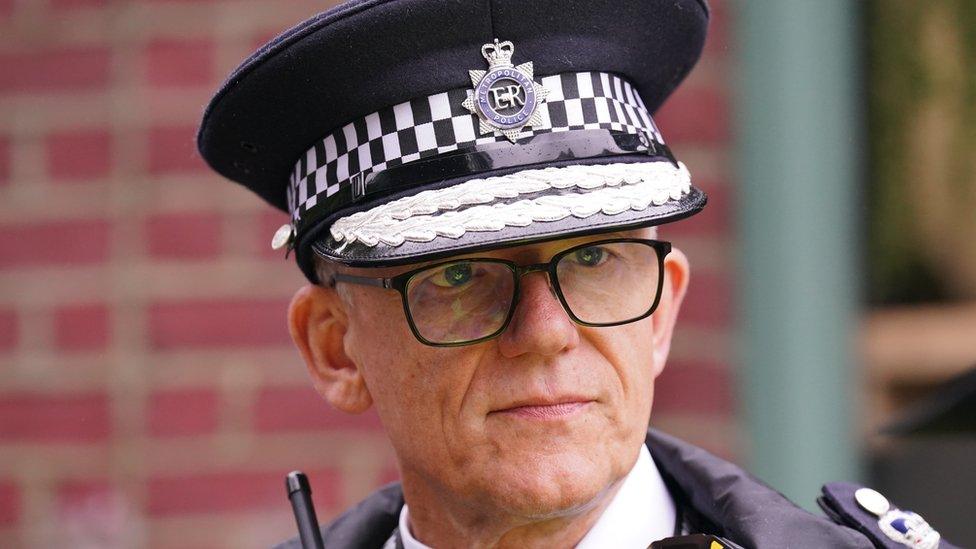
Sir Mark Rowley is the most senior police officer in the UK
Twelve months on from taking up the job of Commissioner of the Metropolitan Police, Sir Mark Rowley has said a "cancer" at the organisation still needs to be cut out - but that progress has been made during his time at the Met, which was reeling after a series of scandals when he rejoined the force.
In an address to the Policy Exchange think-tank, he said: "Lifting the stone is always painful because you find things underneath it that you didn't expect."
What has Sir Mark found at the scandal-plagued force, and what impact has he had in his year as commissioner?
"More than one person has questioned my sanity," Sir Mark admitted to the BBC when he started as Met commissioner, the top policing job in the UK, on 12 September 2022.
He took the helm at one of the lowest points in the force's history, with the Met having suffered severe reputational damage over its employment of Wayne Couzens, the serving officer who in March 2021 kidnapped, raped and murdered Sarah Everard, and due to a series of other scandals.
Inspectors were so concerned by the state of the Met Police that, in June 2022, they put it under an advanced form of monitoring.
Following the resignation as Met commissioner of Dame Cressida Dick, the Home Office advertised for a candidate who could address the issues facing a force that was under the scrutiny of both the Baroness Casey review and the Angiolini Inquiry. Crucially, it wanted someone with a plan to restore Londoners' trust and confidence in the Met Police.
Sir Mark, who had served as chief constable of Surrey Police and later the Met's head of counter-terrorism, said he had that plan and was on a "personal mission for change".

A review into standards at the Met Police was commissioned after the murder of Sarah Everard
On Monday, he reflected on his first year in office, telling the Policy Exchange: "We've set a mission of more trust, less crime and higher standards. That's what we're going to deliver on my watch."
So far, he has not had it easy, though, with further scandals that had their roots in Dame Cressida's time as commissioner emerging during his tenure. The conduct of serving and former police officers continues to make the headlines on a regular basis.
The most damaging case for the Met to emerge under Sir Mark - although by no means the only one - involved the crimes of David Carrick, who was in February jailed for raping several women over a 17-year period while serving as an officer. His offending raised urgent questions about the culture inside the Met - among them, how could Carrick have continued serving, unchallenged, for so long?
Sir Mark admits that the Carrick case is an ugly one, but maintains the Met is a force in reform.
He has brought more detectives on to a team that investigates rogue officers and launched a dedicated hotline to report them. And such officers now face being rooted out more quickly, with police chiefs to gain the power to automatically sack police officers in certain circumstances - a development the Met Police Federation has criticised as "a return to kangaroo courts".
This new power may feel like something of a victory for Sir Mark, who has long been calling for sackings to be made easier to carry out. He has said there are hundreds of officers in the force who "shouldn't be there" and are either suspended or on restricted duties because he lacks the power to get rid of them.
The commissioner told the Policy Exchange think-tank that the "cancer" at the Met Police needed to be removed: "You can have a majority of the organisation who are good people, but systemically you can fail and have failed to root out the people who shouldn't be there, to set the standards and the culture."
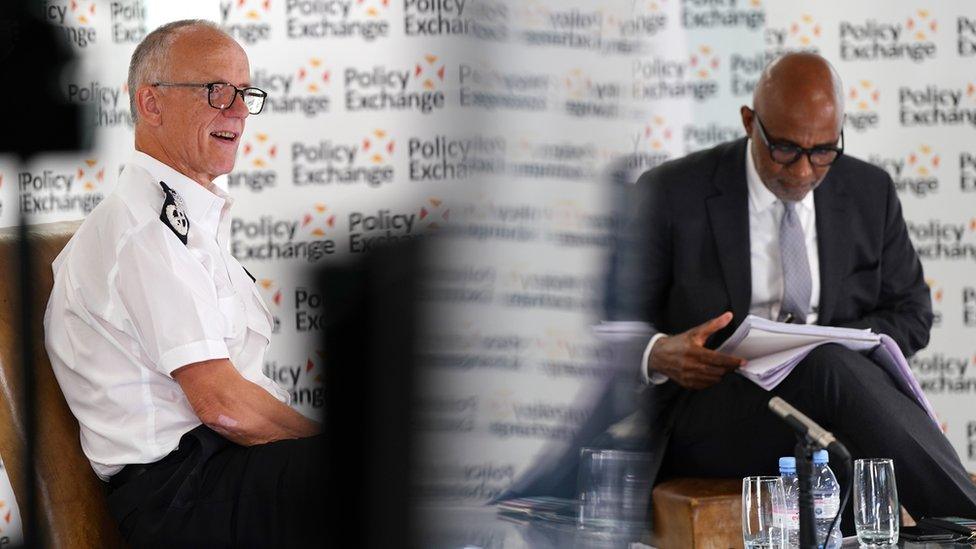
Sir Mark reflected on his first year in office at an event at the Policy Exchange think-tank, hosted by Sir Trevor Phillips
Rooting out rogue officers is one thing, but what can be done to bring about widescale cultural change? How do you reassure Londoners that the Met won't miss opportunities to stop another David Carrick or Wayne Couzens? That's a far more complex challenge.
The commissioner has promised to improve leadership and training, and says more whistleblowers within the force are coming forward because they feel supported by bosses.
But in March, a scathing review by Baroness Casey laid bare how serious some problems in the Met were, finding the force to be institutionally racist, misogynist and homophobic.
Some Londoners I spoke to after the release of the report, many from black communities, were shocked by some of the detail but many also said they weren't surprised. And some have urged Sir Mark to accept the problems in the Met are "institutional" - a word he argues has become "ambiguous" and "politicised".
To try to rebuild trust, the commissioner has promised to work more closely with communities on controversial issues such as stop and search, where Baroness Casey says there needs to be "a fundamental reset". A new pilot scheme, recently introduced in the boroughs of Lambeth and Barking and Dagenham, aims to deploy the tactic much more precisely, using data to focus on weapons hotspots.
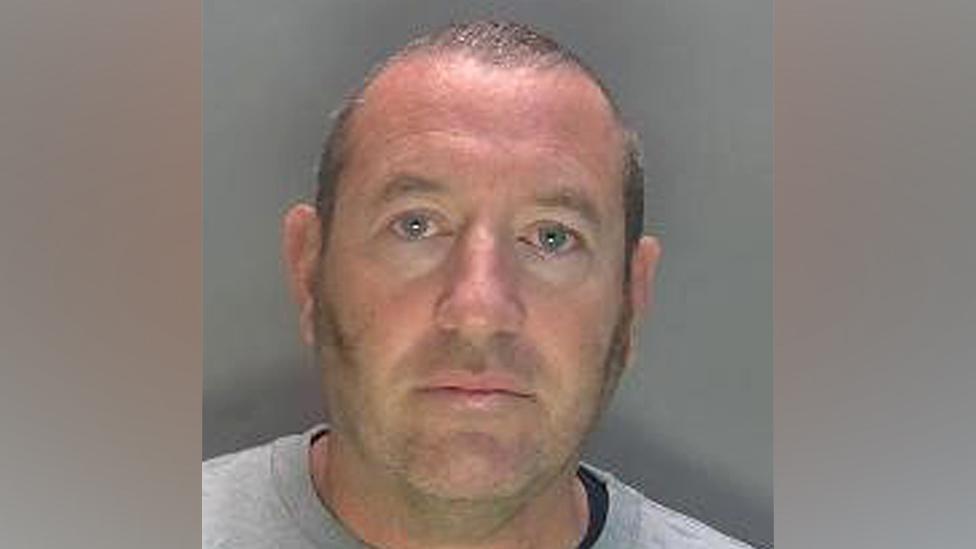
David Carrick raped several women while serving in the Met
There's also an attempt to use data to protect women and girls, ranking the most dangerous predatory male offenders in the same way the Met ranks terror suspects. Hundreds more officers are being moved into public protection teams, which investigate rape and child abuse, after Baroness Casey said this had been "deprioritised".
The Met also recently reintroduced full-time LGBT+ community liaison officers.
But will all this restore confidence among those who feel so badly let down? The latest figures from the Mayor's Office for Policing and Crime, external suggest there's still work to do: 67% of Londoners surveyed said the Met was an organisation they could trust.
Of course, the key to turning that around could be as simple as getting the basics of policing right - addressing the concerns of Londoners who complain they've given up reporting crime, that their reports of anti-social behaviour are not dealt with, or that they fear violence.
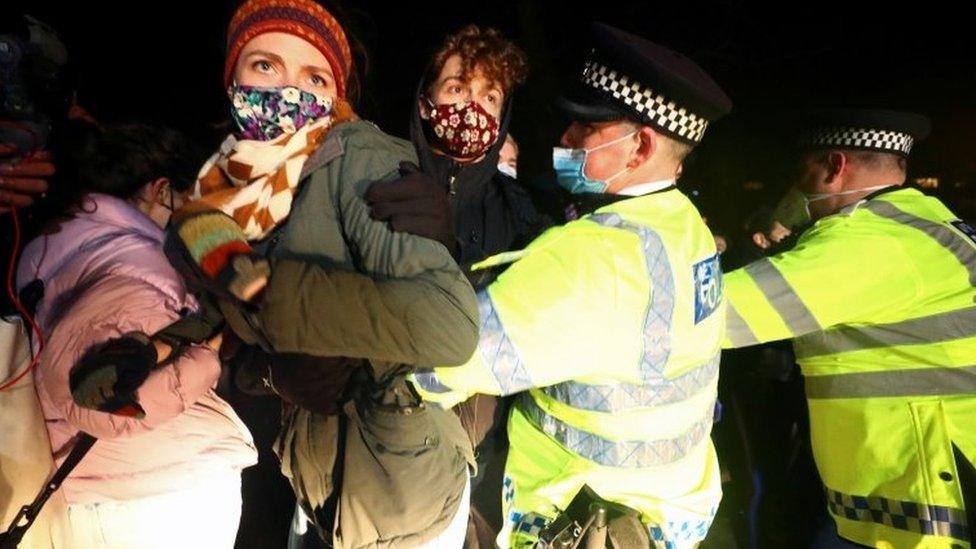
Under Dame Cressida Dick, the Met Police came under fire for its handling of a vigil held after Sarah Everard's murder
The homicide rate has fallen in London, however knife crime has risen by 18% and the commissioner has said he's concerned about the number of street robberies. So far this year, 13 teenagers have lost their lives to violence - nearly as many as the 14 who were victims of homicide in the whole of 2022.
Sir Mark has promised a shake-up of frontline policing - refocusing it around the concerns of local communities and putting more officers on the streets - although he says he's "very worried" about recruitment, having missed a key government target this spring and losing about £60m of funding as a result.
He's hoping he can free up frontline officers, under plans to stop attending callouts to mental health incidents where there is no immediate threat to life.
And so it's clear that there's still much to be done, although any significant changes are likely to be gradual.
In the meantime, more bad headlines for the Met seem inevitable.
The Angiolini inquiry, external, examining the history of Couzens and Carrick in the Met, has yet to report its findings, while the family of Chris Kaba, who was shot dead by police a week before the commissioner took up his role, are still waiting to hear if the officer involved will face criminal charges.
Londoners are demanding safer neighbourhoods and the confidence to report crime in the belief something will be done. There are many who say they like the sound of the pledges the commissioner has made, but they're wary. They've heard big promises many times before.

Follow BBC London on Facebook, external, Twitter , externaland Instagram, external. Send your story ideas to hellobbclondon@bbc.co.uk, external
Related topics
- Published31 August 2023
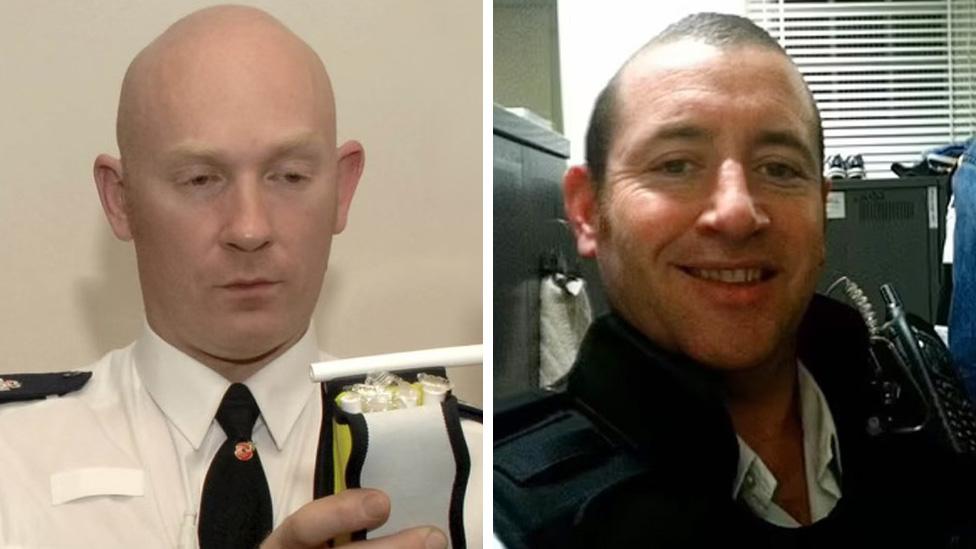
- Published21 March 2023
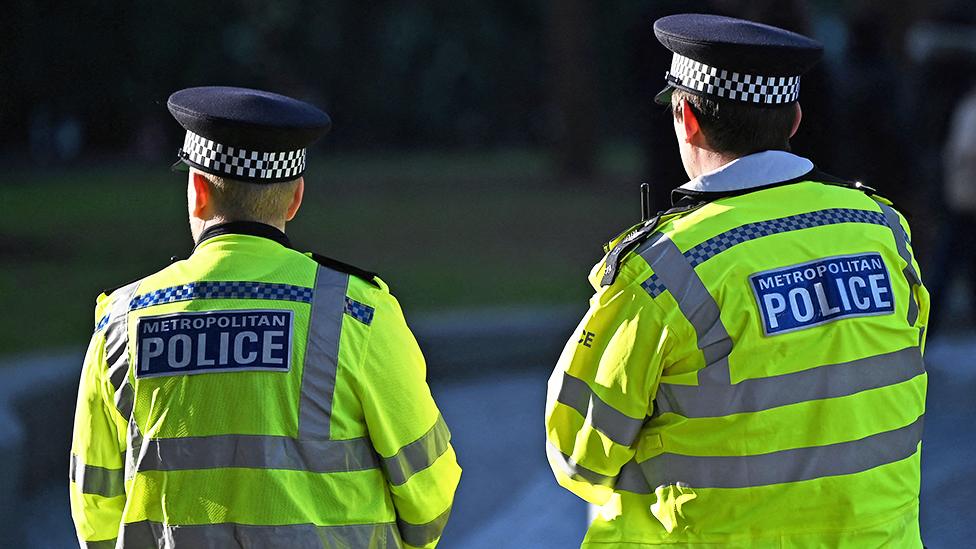
- Published28 June 2022

- Published7 October 2022
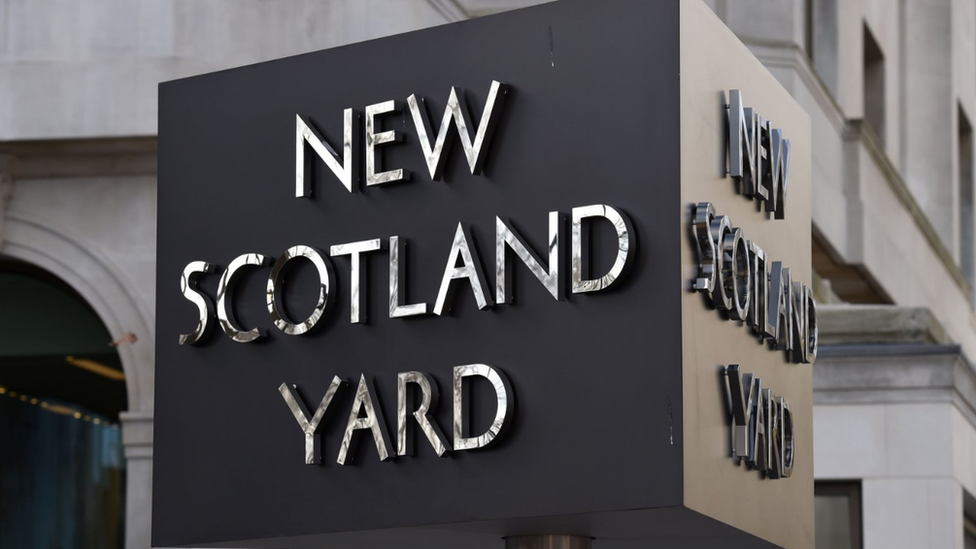
- Published27 September 2022
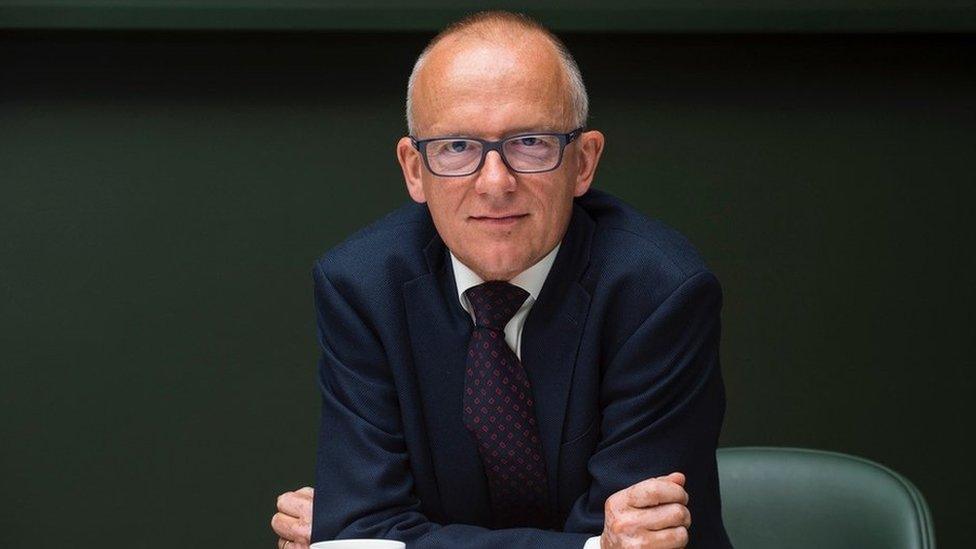
- Published22 February 2023
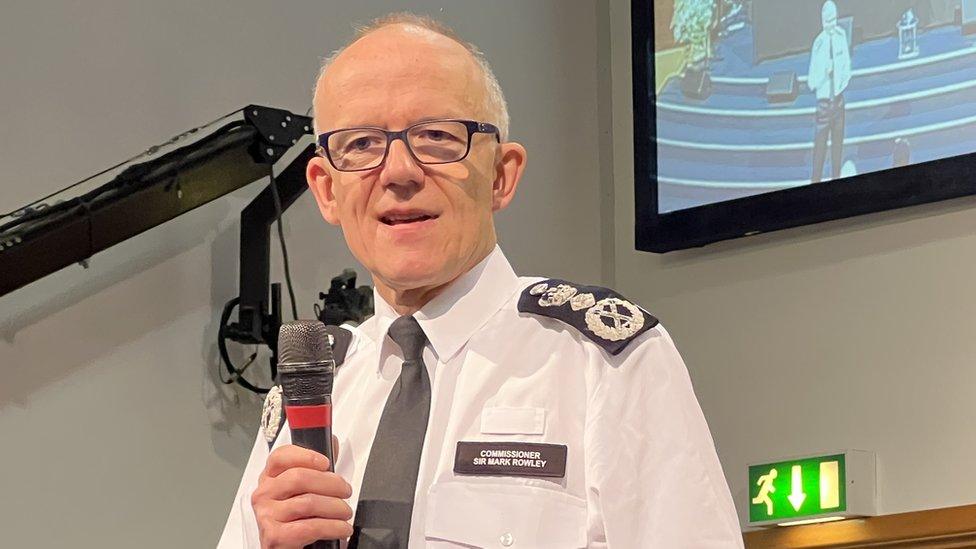
- Published29 March 2023
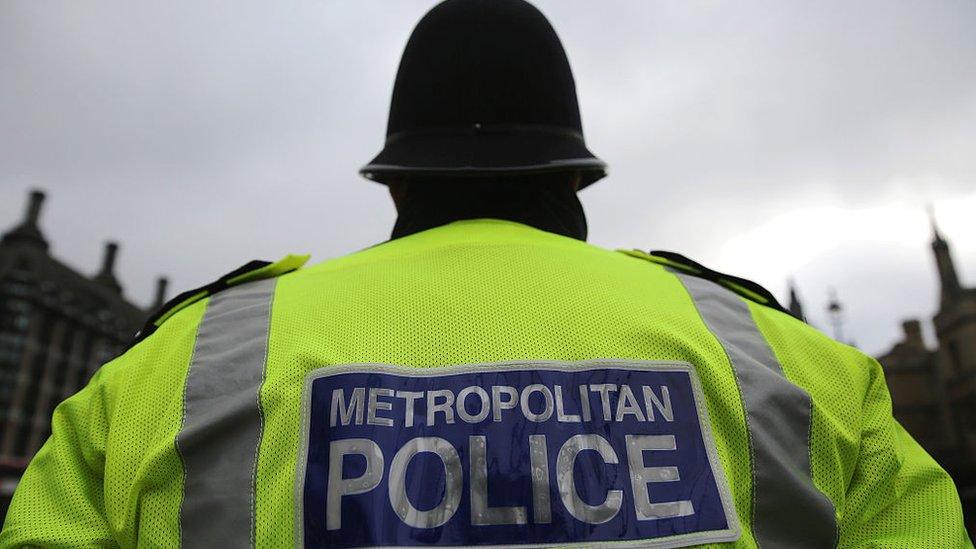
- Published24 November 2022
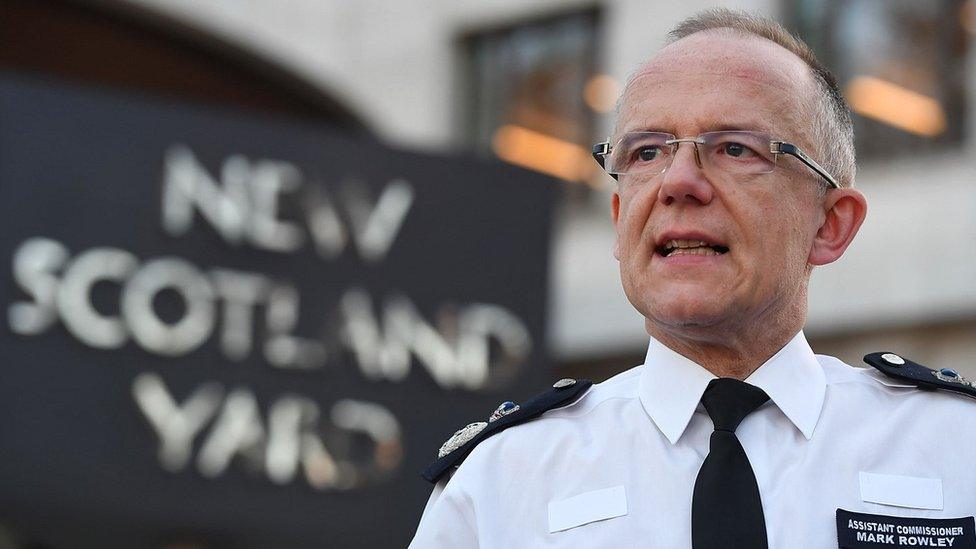
- Published22 September 2022
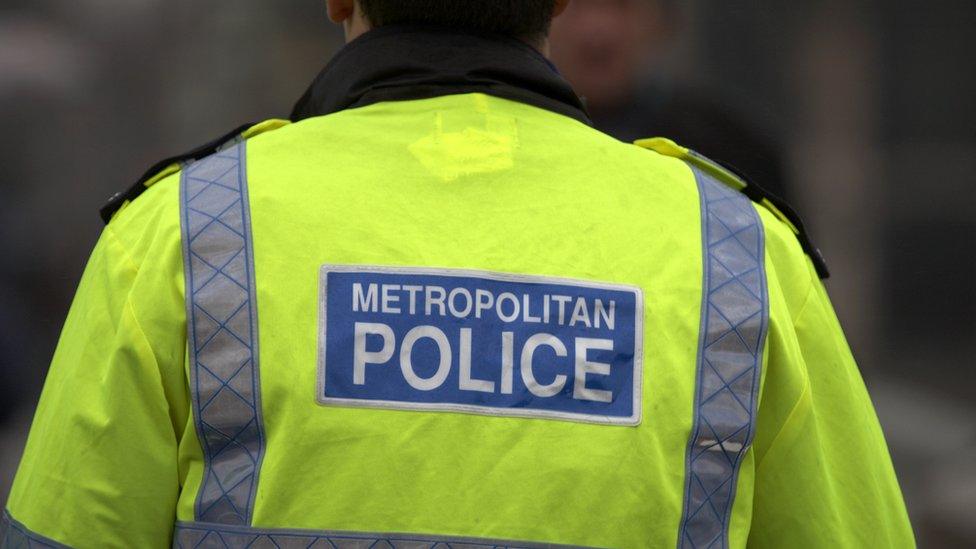
- Published8 July 2022
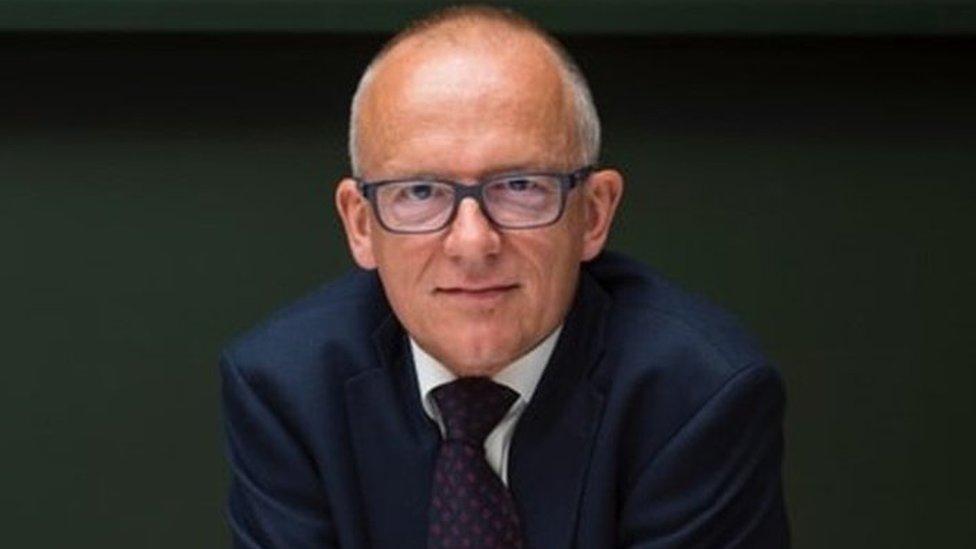
- Published30 September 2021
